
Understanding Esophageal Cancer Symptoms
23 Oct, 2024
 Healthtrip
HealthtripWhen it comes to esophageal cancer, early detection is key. This type of cancer affects the esophagus, a muscular tube that carries food from the throat to the stomach. Unfortunately, symptoms often don't appear until the cancer is in its advanced stages, making it crucial to be aware of the warning signs and take action if you experience any unusual changes in your body.
What Are the Symptoms of Esophageal Cancer?
Esophageal cancer symptoms can be subtle, but if you're aware of what to look out for, you can seek medical attention sooner rather than later. Some common symptoms include difficulty swallowing, which can start with solids and progress to liquids; feeling like food is getting stuck in the throat or chest; and a sensation of choking or coughing while eating. You may also experience heartburn, chest pain, or pressure that worsens over time. Additionally, you might notice a persistent cough, hoarseness, or a raspy voice.
The Importance of Early Detection
It's essential to remember that these symptoms can also be caused by other conditions, so it's crucial to consult a doctor if you're experiencing any unusual changes. Early detection is vital, as esophageal cancer can spread quickly. If you're diagnosed early, treatment options are more effective, and the survival rate increases significantly. In fact, according to the American Cancer Society, the 5-year survival rate for people diagnosed with localized esophageal cancer (cancer that has not spread) is around 47%. However, this number drops to around 5% for those diagnosed with advanced esophageal cancer.
Risk Factors for Esophageal Cancer
Certain factors can increase your risk of developing esophageal cancer. For instance, being over 65, being male, and having a history of gastroesophageal reflux disease (GERD) can all contribute to your risk. Additionally, smoking, drinking alcohol excessively, and being overweight or obese can also increase your chances of developing esophageal cancer. Furthermore, people who have Barrett's esophagus, a condition where the lining of the esophagus is damaged, are more likely to develop esophageal cancer.
Lifestyle Changes to Reduce Your Risk
While some risk factors, such as age and gender, are unavoidable, there are steps you can take to reduce your risk of developing esophageal cancer. Maintaining a healthy weight, quitting smoking, and limiting your alcohol intake can all help. A diet rich in fruits, vegetables, and whole grains can also provide essential nutrients and antioxidants that can help protect your esophagus. Furthermore, if you have GERD, managing your symptoms and seeking medical attention if they worsen can also help reduce your risk.
Diagnosis and Treatment Options
If you're experiencing symptoms, your doctor will likely perform a series of tests to determine if you have esophageal cancer. These may include an endoscopy, where a flexible tube with a camera is inserted into your esophagus, and imaging tests, such as a CT scan or MRI. If you're diagnosed with esophageal cancer, treatment options will depend on the stage and location of the cancer, as well as your overall health. These may include surgery, chemotherapy, radiation therapy, or a combination of these.
Remember, early detection is crucial when it comes to esophageal cancer. By being aware of the symptoms and taking proactive steps to reduce your risk, you can take control of your health and increase your chances of successful treatment.
Most popular procedures in India
Wellness Treatments
Give yourself the time to relax
Lowest Prices Guaranteed!

Lowest Prices Guaranteed!
Related Blogs
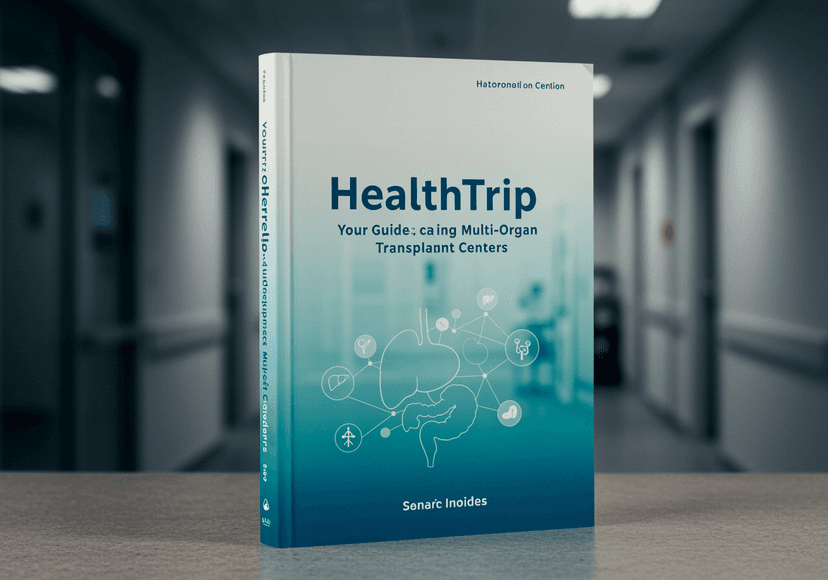
Healthtrip: Your Guide to Leading Multi-Organ Transplant Centers
Healthtrip
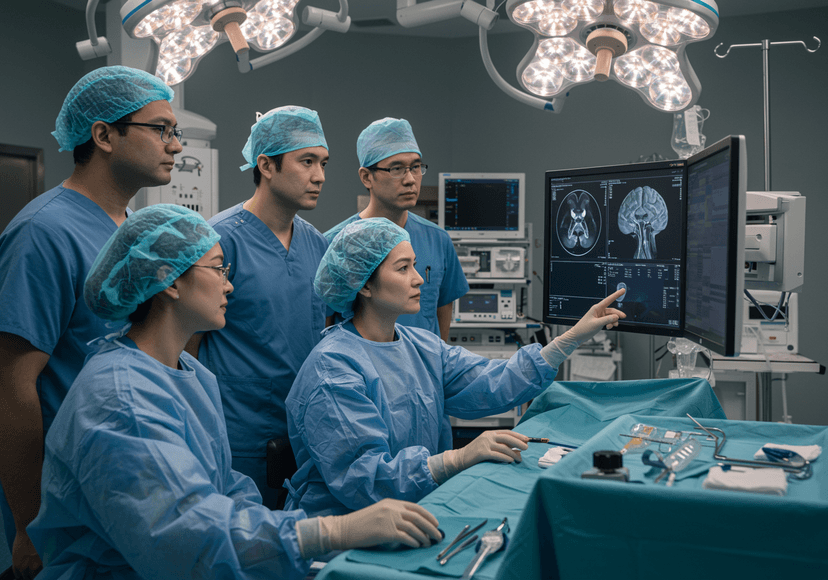
Healthtrip: Advanced Brain Treatment Options with Expert Surgeons
Healthtrip
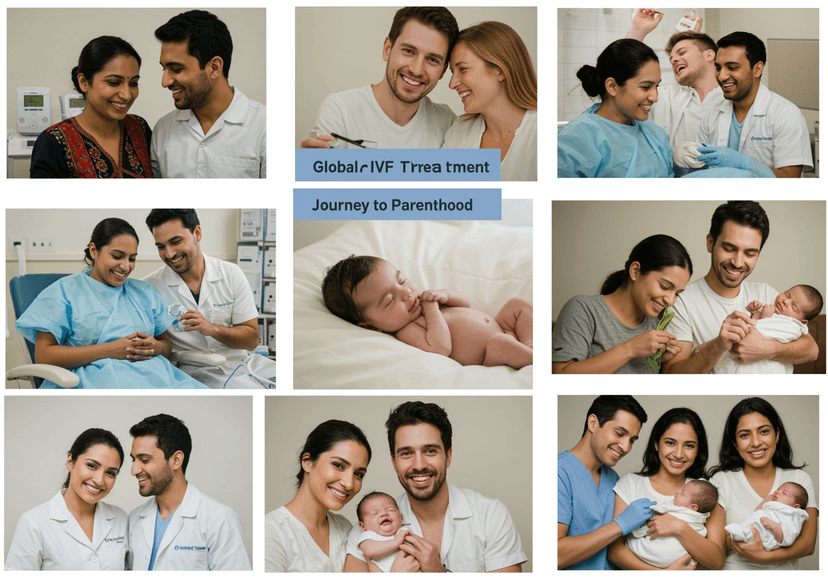
Healthtrip: Global IVF Treatment - Journey to Parenthood
Your Path to Parenthood with Healthtrip
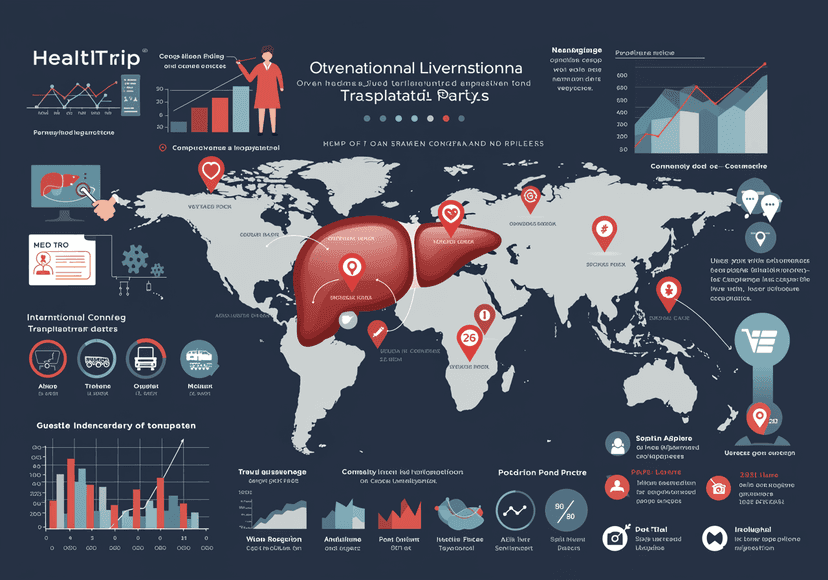
Healthtrip: Navigating International Liver Transplant Options & Prices
Healthtrip
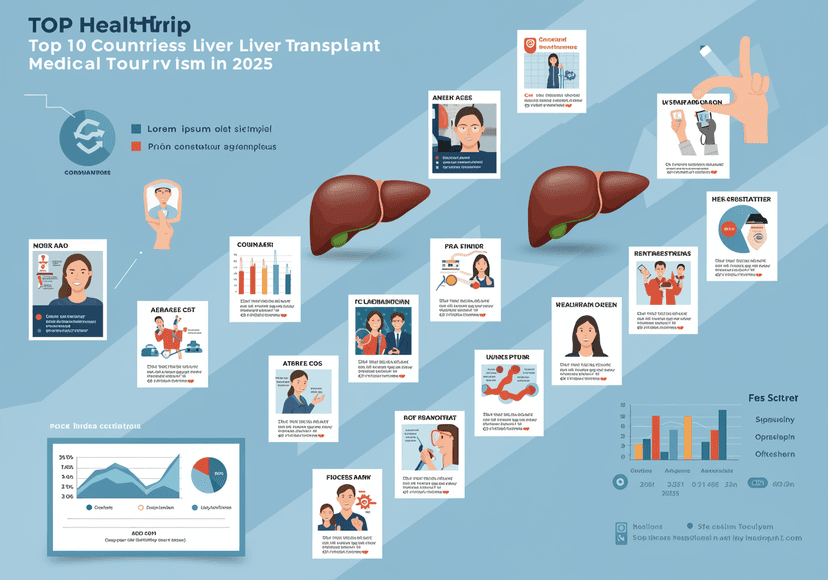
Healthtrip: Top 10 Countries for Liver Transplant Medical Tourism in 2025
Healthtrip Medical Tourism
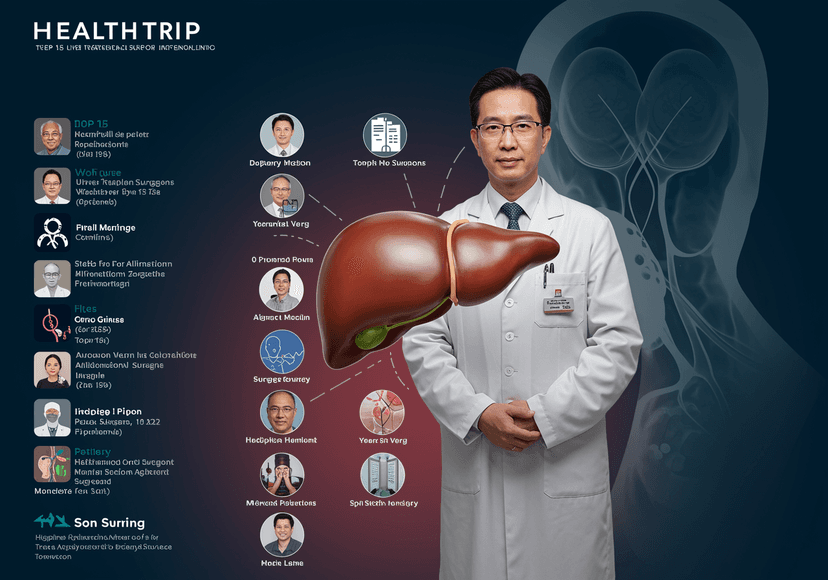
Healthtrip: Top 15 Liver Transplant Surgeons for International Patients
Healthtrip










